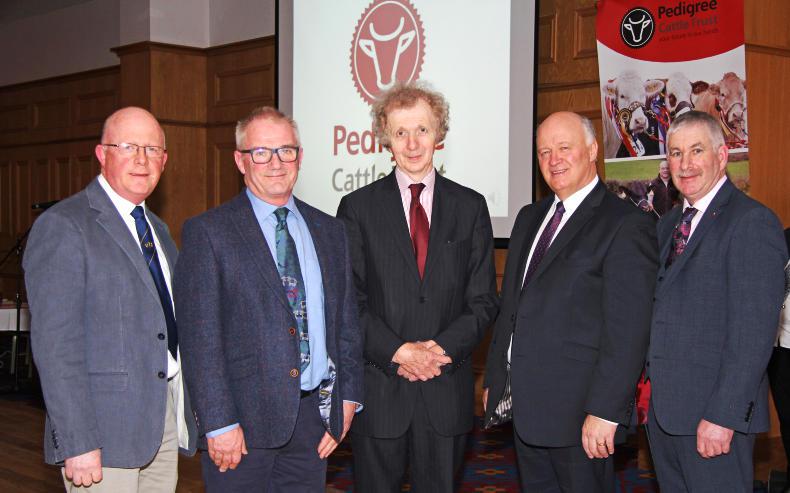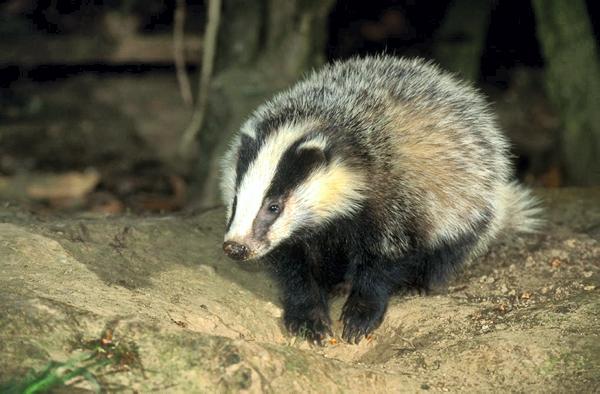Cattle producers in NI will have to pay for one TB herd test each year if proposals put forward by DAERA, as part of a wide-ranging action plan to deal with bovine TB, come into force.
The proposals are set out in a consultation released on Thursday, which runs to 1 February 2018, and available on the DAERA website.
It is the Department’s response to recommendations made by the TB Strategic Partnership Group (TBSPG), which completed its report last December.
That Group recommended a cap on TB compensation, but did not go as far as proposing that farmers pay for testing.
Despite that, DAERA has suggested that farmers will have to pay £54.50 for the first animal, £2.50 each for animals two to 99, and £2.28 per head thereafter.
For a farmer with 200 cattle, the bill would come to £530.
When it comes to capping compensation, DAERA officials have proposed limiting this to £1,500 for commercial cattle, £1,800 for pedigree animals and £3,500 for one stock bull per year. That is in line with the TBSPG recommendation, who also suggested that in the future, the Department should pay only 75% of the value of the animal.
However, the DAERA consultation proposes implementing a reduction straight away, lowering compensation by 10% in year one and 25% in year two.
It is all part of a plan for driving behavioural change among farmers, and crucially, reducing the cost of bovine TB to the tax payer – currently estimated at close to £40m in 2017.
On the controversial issue of TB in wildlife, the consultation states that the Department is generally supportive of a targeted badger cull in hotspot areas, coupled with badger vaccination in a surrounding control zone.
However, it has “yet to undertake detailed analyses of the number of areas to be targeted in any wildlife intervention, and the combination of approaches most appropriate for each”, states the consultation.
Impact
There are also a number of other measures included in the consultation that could have a direct impact on farmers. The Department wants to see farmers comply with legislation requiring vehicles to be cleaned and disinfected after each use, while it will work with industry on issues such as informed purchasing or segregating high-risk herds from neighbours.
However, some recommendations from the TBSPG will be implemented now, including the introduction of a further check herd test six months after the first check test for derestricted herds.
This effectively means that an additional six-month herd test will be carried out before the herd can be returned to normal testing.
In the coming weeks, DAERA will also implement the TBSPG recommendation that the use of severe interpretation should be expanded during TB breakdowns. In other words, all inconclusive animals will be removed along with reactors. Animals in these breakdown herds which have previously been inconclusive to the TB test, will also be removed as negative in-contact animals.
Re-stocking
One further issue of concern to farmers in the original TBSPG report was a recommendation to prevent re-stocking of breakdown herds until a re-test is undertaken
As a first step, DAERA has proposed that no movements will be permitted following a TB breakdown until at least one further full herd test has been completed (irrespective of the outcome) and any reactors removed.
Governance
Finally, the consultation also includes proposals to put in place a new governance structure where farmers and industry will have a role in informing DAERA policy. A new TB eradication partnership is to be established, and a chair for this group will be sought over the next few weeks.
Ultimately, however, decisions on the most controversial aspects of the DAERA TB policy will be for a minister to make.










SHARING OPTIONS